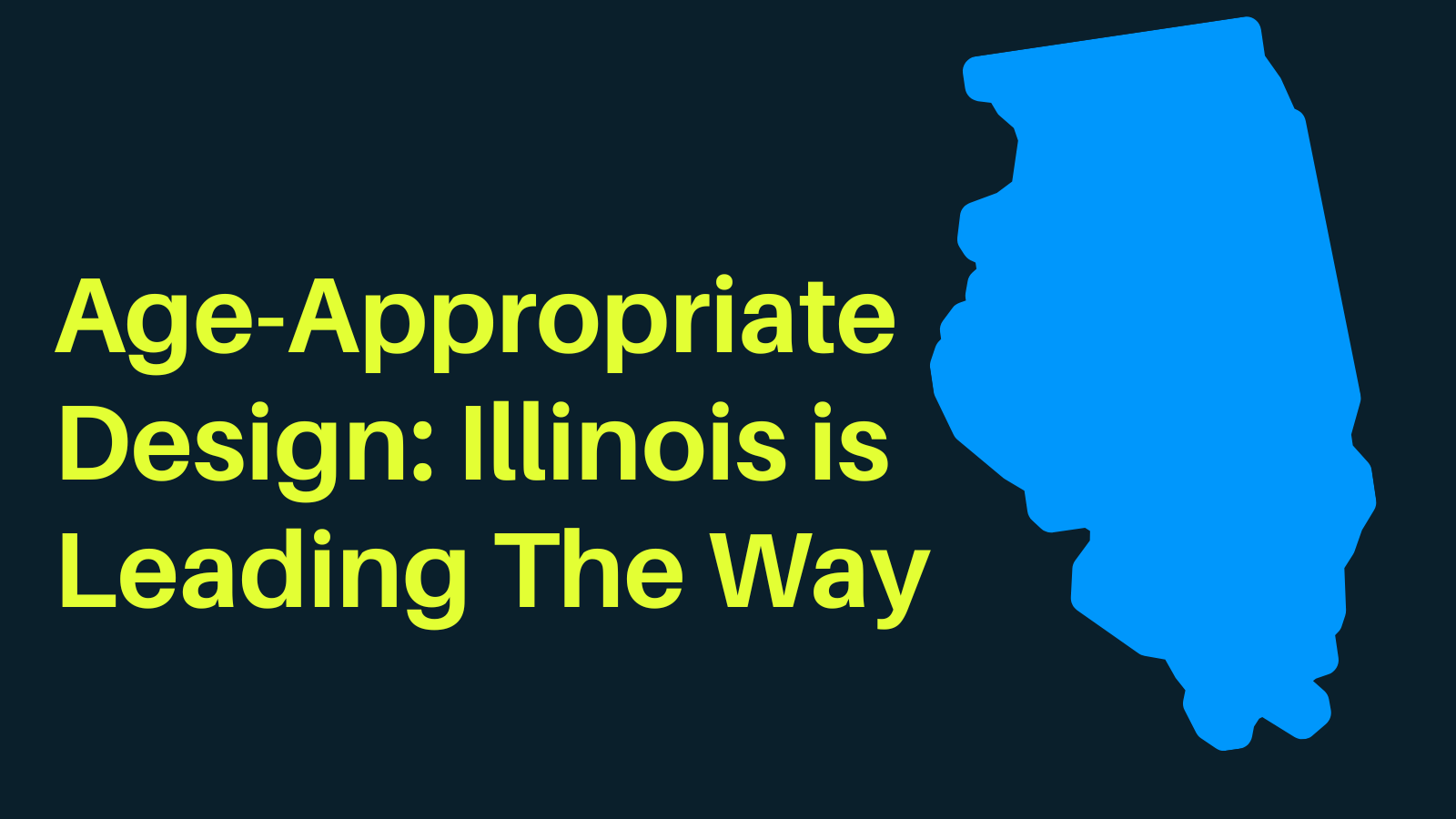This is the first Staff Post in a series that explores what the DSA and DMA means for the global tech accountability movement, key provisions of the legislative package, and compares them to pertinent proposals before Congress in the US.
The European Union (EU) is rapidly moving forward on what promises to be the most consequential and comprehensive legislative package on platform regulation in the world: the Digital Services Act, aimed at protecting people’s safety and fundamental rights online, and the Digital Markets Act, aimed at restraining gatekeeper’s anti-competitive behavior.
Bit Tech and its allies have painted the DSA and DMA as European attacks on Silicon Valley. It reads, however, more like a package of various proposals with bipartisan support in Washington. It creates new leverage for US policymakers to demand similar protections for American consumers and entrepreneurs. With 27 member states and massive economic power, unified regulatory frameworks adopted across the EU can become the de facto global standard. This is the DSA and DMA at a glance:
Digital Services Act (DSA) |
Digital Services Act (DMA) |
|
|
|
|
|
|
Taken together, the DSA and DMA amount to a comprehensive reimagining of the rules that govern the digital world. The package is not perfect – and it may not be precisely the approach Washington would have charted – but our European allies have done a tremendous service to the entire democratic world.
The package is set to be formally approved this summer and both laws should be in full force by the end of 2023. Even as the legislative window for this Congress dwindles, US policymakers have a real opportunity to leverage the EU’s new roadmap to drive progress at home.








